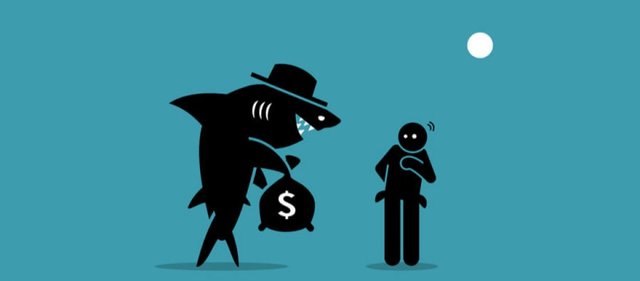Payday loans are a type of short-term loan that can be hard to pay back. The interest rates are extremely high, and some lenders charge additional fees for rolling over a loan. If you fail to repay your loan, your lender may go to court to collect the funds. It can also harm your credit score. If you are in debt, you should seek help from a nonprofit organization or Certified Credit Counselor.

Typically, these loans are for a week or less, but you can get them for longer periods. Some lenders require a postdated check, which means that you will write a check that is due at the same time your next paycheck is processed. This makes sure that your loan is not overdue, and you can return to the lender for cash if you run out of money.
Some payday lenders do not report directly to the three major credit bureaus. This can hurt your credit score, especially if you are using the loan to improve your credit. To avoid this, you should make a point of putting your check on an overdraft-protected account. You can also take out a payday loan through a peer-to-peer lending website. These sites charge higher interest rates than traditional lenders, but they can offer you a shorter turnaround time.
When you take out a payday loan, you authorize the lender to withdraw funds from your bank account. This can lead to overdraft charges from your bank, but it can also be an excellent way to avoid tying up your cash with collection-minded payday lenders.
Payday loans are meant to help you in an emergency, but they can become a costly burden. For example, according to the Center for Responsible Lending, a 2016 study found that one out of four borrowers has been pushed into debt after taking out a payday loan. The average interest rate on a payday loan is 391%. You should think twice before signing up for a payday loan.
If you're considering a payday loan, look for other safer personal loans. Some lenders can offer you a cash advance that can be repaid with income from other sources, including your credit card, retirement accounts, or savings. You can also apply for a personal loan through a traditional lending institution, such as a credit union. A traditional lending institution may require you to provide a Social Security number and proof of income.
If you receive a debt warning from a lender, you should contact an Accredited Financial Counselor or a local nonprofit organization. These organizations can provide free credit counseling and offer other services. If you have more than a few late payments on your credit report, you should look into getting your credit rating repaired. If you need help with this process, you can find a credit counseling agency by visiting the National Foundation for Credit Counseling.
Many people use payday loans for their regular living expenses. This can be a good option if you don't have enough savings, and you're unable to avoid taking out another loan. However, you should beware that these loans are often hard to pay off, and they can create a debt cycle that can take years to break.